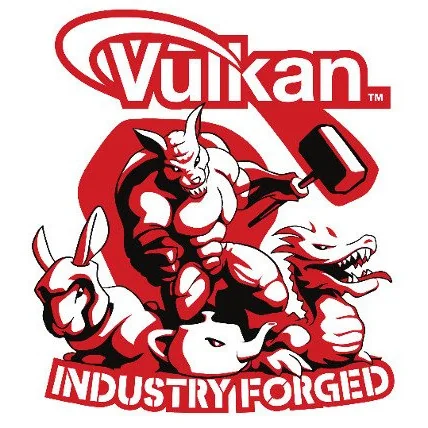What Vulkan Looks Like For A Hobbyist 3D Developer

Sascha wrote a blog post today about Vulkan from his hobby 3D developers view following all of the information shared this week at SIGGRAPH as well as last week at GamesCom in Germany.
From his views, Vulkan won't replace OpenGL / OpenGL ES, the portability of Vulkan, how it differs from AMD's Mantle, no more state machine, it's not a magic bullet for rendering performance, GPU memory and resource management, etc.
He concluded in his blog post, "If your main goal is to display your 3D stuff somehow (using OpenGL) for your hobby games or dems and yout don’t need to squeeze out as much draw calls as possible you probably won’t gain anything by moving from OpenGL (ES) to Vulkan. Porting your current (mostly single threaded) renderer (that isn’t creating many resources dynamically) to Vulkan wont’ get you better performance but will have you spent hours adopting to the new API and doing all the memory and resource allocation by yourself. If you’re more about using the latest 3D techniques and can’t keep calm when reading up on the latest and newest OpenGL extensions, then yes, go ahead and switch to Vulkan, even if you’re only doing 3D development as your hobby. A new, nice and clean API is always great to work with, and the experience you gain when switching from an established rendering API to a new (and shiny) API based on modern GPU architectures is worth the effor."
At the end of the day, Sascha Willems is looking forward to experimenting with Vulkan for his hobby projects.
34 Comments

